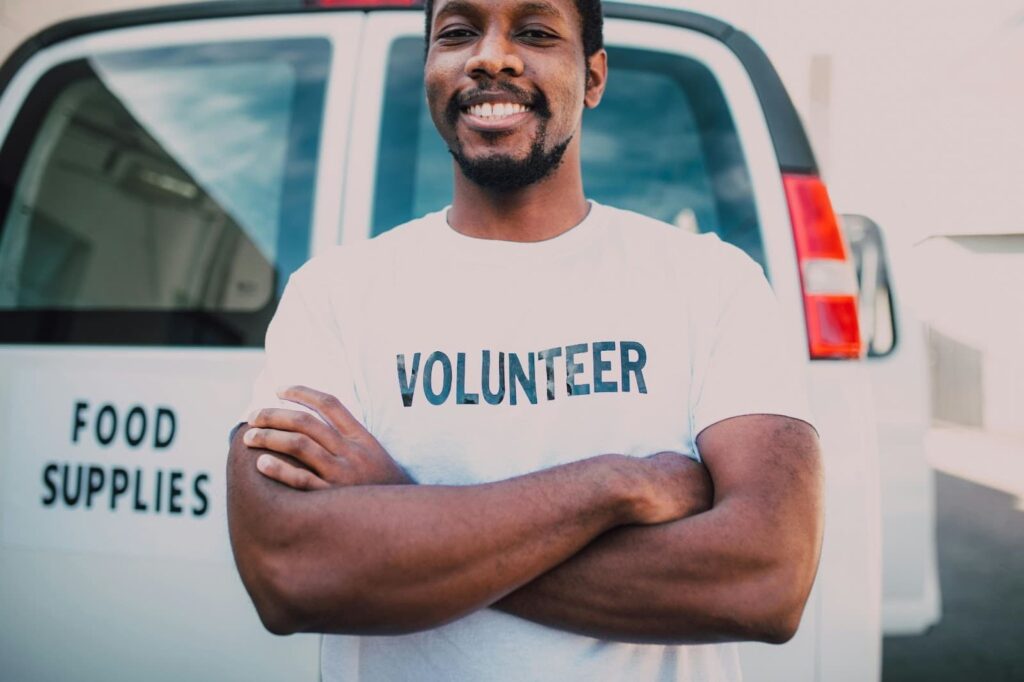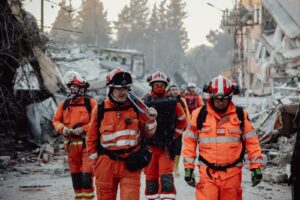
What would the world look like without non-governmental organizations (NGOs)? In times of crisis, natural disasters, and humanitarian emergencies, NGOs step in where governments and international bodies often struggle to act quickly. These organizations provide food, medical aid, shelter, and psychological support to millions of people worldwide. But how exactly do they shape humanitarian aid? Is their impact always positive, or do challenges hinder their effectiveness? Let’s explore the vital role of NGOs in global aid and the way they transform the lives of those in need.
The Mechanisms of NGO Humanitarian Aid
Unlike state-led efforts, NGOs operate with flexibility, creativity, and an ability to reach remote or politically unstable regions. Many are independent from government constraints, which allows them to act based on human need rather than political interests. Their strategies include:
- Emergency Response Teams – Deployed immediately after disasters to provide first aid, food, and water.
- Long-Term Support Programs – Focused on rebuilding communities, providing education, and developing infrastructure.
- Advocacy and Awareness – Raising public consciousness about humanitarian issues through reports, social media, and political lobbying.
- Collaboration with Local Communities – Working with local leaders to create sustainable solutions tailored to specific needs.
One of the key strengths of NGOs is their ability to adapt quickly to evolving crises, whether it be a war, a famine, or a sudden epidemic. Unlike large bureaucratic entities, they can mobilize resources efficiently, often relying on volunteers and private donations rather than slow-moving government budgets.
Challenges and Ethical Dilemmas in Humanitarian Aid
Despite their crucial role, NGOs are not without challenges. Their independence, while beneficial, can sometimes create issues such as:
- Dependency on Foreign Aid – Some communities become reliant on external help rather than developing self-sustaining solutions.
- Political Interference – Governments in conflict zones may see NGOs as threats, restricting their access or accusing them of espionage.
- Resource Allocation Issues – With limited funding, NGOs must constantly balance immediate relief with long-term development efforts.
- Accountability and Transparency – Ensuring that funds and supplies reach those in need rather than being lost to corruption.
A particularly controversial issue is the ethics of humanitarian intervention. In some cases, NGOs unintentionally prolong conflicts by providing aid that indirectly benefits warring factions. For example, food shipments can be seized by militias and used as leverage over civilians. How should NGOs navigate such dilemmas? Should they withdraw aid, knowing that innocent people will suffer, or continue, risking the possibility that aid strengthens harmful actors?
Comparing NGO Impact: Large vs. Small Organizations
The effectiveness of humanitarian aid also depends on the size and approach of an NGO. While large international organizations have vast resources, smaller grassroots NGOs often provide more personalized support.
| Feature | Large NGOs (e.g., Red Cross, Médecins Sans Frontières) | Small NGOs (e.g., Local Refugee Aid Groups) |
|---|---|---|
| Funding | Significant funding from global donors | Primarily local or crowdfunding-based |
| Reach | Operate in multiple countries | Limited to specific regions |
| Speed of Action | Bureaucratic but well-organized | Faster but with fewer resources |
| Community Connection | Sometimes disconnected from local needs | Deeply embedded in the community |
Both types of NGOs play essential but distinct roles. Large organizations can deploy massive resources in global crises, while smaller NGOs often fill gaps that big institutions overlook, ensuring culturally sensitive and sustainable aid.
The Future of NGOs in Humanitarian Aid
As the world faces more complex crises, from climate change to political conflicts, NGOs must evolve. New technologies like AI-driven crisis mapping, blockchain for transparent donations, and drone delivery of medical supplies are changing how aid reaches people. But one question remains: will NGOs be able to maintain their independence in an increasingly politicized world?

Moreover, the growing number of NGOs raises concerns about oversaturation and competition for resources. With so many organizations operating in the same spaces, there is a risk of inefficiency. A possible solution could be stronger collaboration between NGOs, governments, and private sectors, ensuring that resources are used effectively rather than duplicated.
The Enduring Role of NGOs in a Changing World
NGOs are the lifeline of humanitarian aid, acting where governments often fail. They bring hope to those who have lost everything, offering not just supplies, but also dignity and a sense of humanity. However, they face ethical dilemmas, financial struggles, and political barriers that challenge their effectiveness. The future of humanitarian aid depends on their ability to adapt, collaborate, and innovate in an ever-changing world. Will they remain independent forces of good, or will external pressures shape their missions? One thing is certain: as long as crises exist, NGOs will be there, fighting to make a difference.
FAQ
How do NGOs ensure that humanitarian aid reaches the right people in conflict zones?
NGOs use satellite imagery, trusted local partners, and decentralized distribution networks to minimize interference from political or military groups.
Why do some NGOs fail despite having good intentions?
Many NGOs collapse due to poor financial management, lack of adaptability, or failure to gain the trust of the communities they serve.
Can humanitarian aid ever become completely independent from political influence?
While full independence is difficult, transparency, decentralized funding, and public accountability can reduce political interference in humanitarian work.



